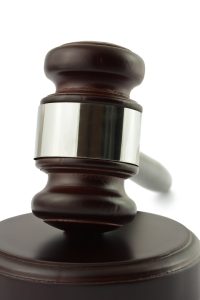
Personal Injury Lawyers Indiana 317-881-2700
Although the insurance adjuster knows roughly how much the insurance company will pay out to the injured victim, they will try their hardest to negotiate the smallest payout that the victim is willing to accept. The victim knows what their personal injury damages are worth, so their attorney tries their hardest to get the highest possible payout from the insurance company or opposing party.
There are a few predictable circumstances and steps to the negotiations process that injured victims should familiarize themselves with in order to be better prepared when the time comes to recover the full and fair compensation they deserve after an accident. Continue reading to learn some common approaches to negotiating a personal injury settlement.
Settlement Negotiations Between Both Parties
The victim’s lawyer will ask for the highest amount first in a written demand letter. The insurance adjuster or opposing party will likely contest that amount by refuting the degree of liability or finding something else wrong with the claim. They may state that certain treatments, surgeries, or therapy was not necessary, or use some other type of similar excuse.
Once this happens, the victim’s lawyer will respond by negating their allegations and then asking for a certain amount of compensation for a second time. This is the time that the insurance company will counter with an insulting, low-ball offer to see if they can get lucky in the case that the victim is simply in a hurry to get a settlement check.
This is when the victim’s legal team responds by vaguely acknowledging the insurance adjusters interferences, and lowering the initial compensation request, but only slightly. At this time, an insurance adjuster is more willing to raise their low-ball offer, and most often do.
With a higher offer, the victim and their lawyer have the option to either accept the offer or to counter once again with the same compensation request, or one that is slightly lower once again.
This process continues like this until both parties come to an agreement on full and fair compensation for a victim’s damages. If an agreement cannot be made, then the case will go to court and a judge will decide the appropriate compensation.

